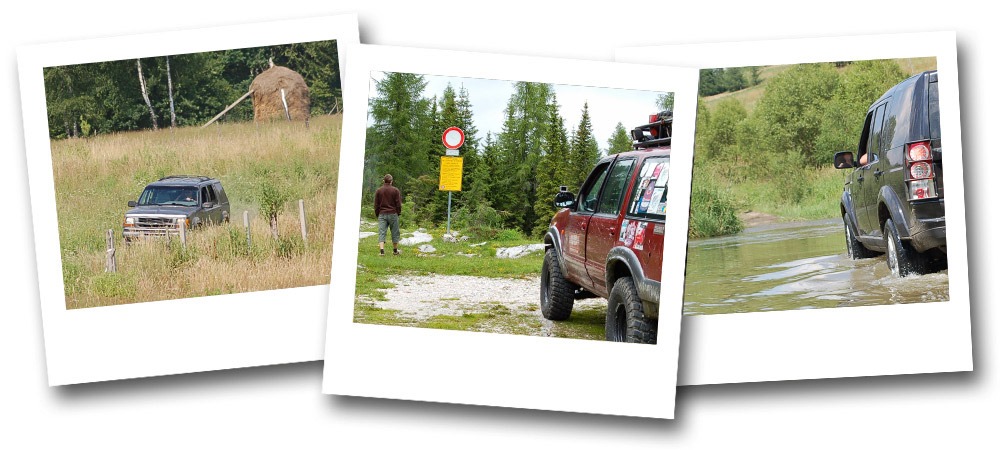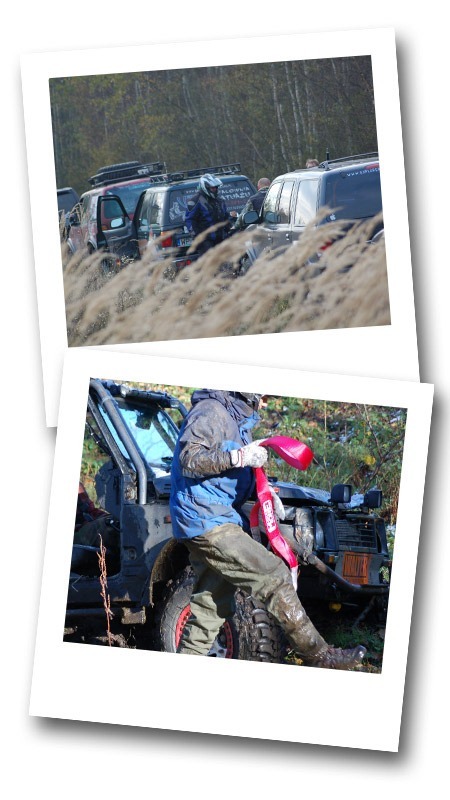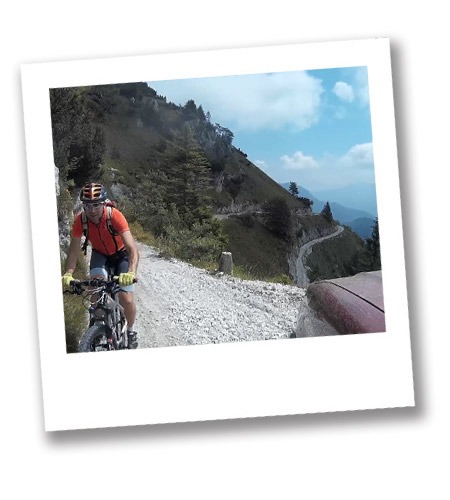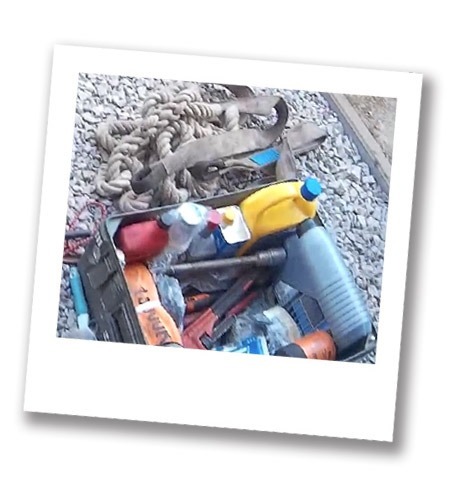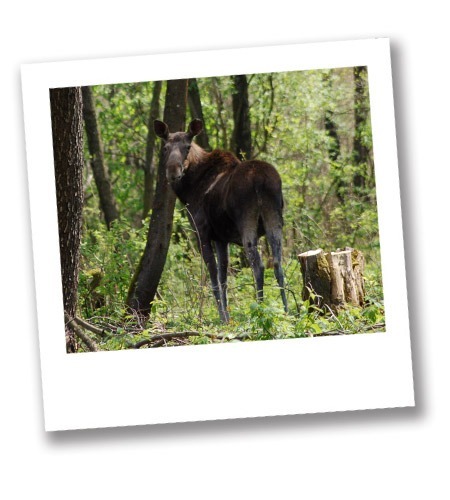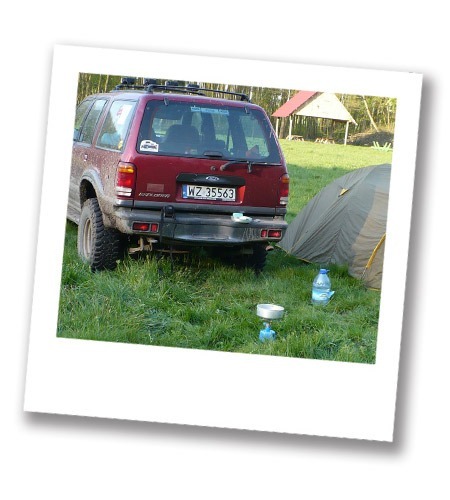RESPONSIBLE 4X4? WHAT’S THIS ALL ABOUT?
Tread lightly – how it’s connected to off-road? Let’s try to decipher it.
T
Travel Responsibly
R
Respect the rights of others
E
Educate yourself
A
Avoid sensitive areas
D
Do your part
T
Travel Responsibly
R
Respect the rights of others
Respect private property and all the rules. What’s more, respect tourists’ rights to have a rest in nature. Treat others the way you want to be treated.
E
Educate yourself
Try to do your best when preparing to the venture – get to know the track, check maps, ensure that you know obtaining rules and customs. Prepare and check your car and equipment.
A
Avoid sensitive areas
Avoid terrains, which you could irrecoverably change or destroy (wilderness areas, meadows, swamps, rivers, fields). Don’t drive off the beaten track,. If you’re forced to be as much careful as possible. If you happen to meet animals in the forest, get out of their way. If the animal changes its behaviour, it means you are to close to it.
Why do we get round environmentally sensitive areas?
D
Do your part
Do your part and impact others’ behavior. Leave your surroundings in a better condition than originally encountered. Take the rubbish with you, cut down the fire usage, avoid removing unknown species to the new places, try retrieve devastated environment as much as you can. You probably won’t fix the whole planet, but you can gradually and consistently step by step impact your surroundings.


